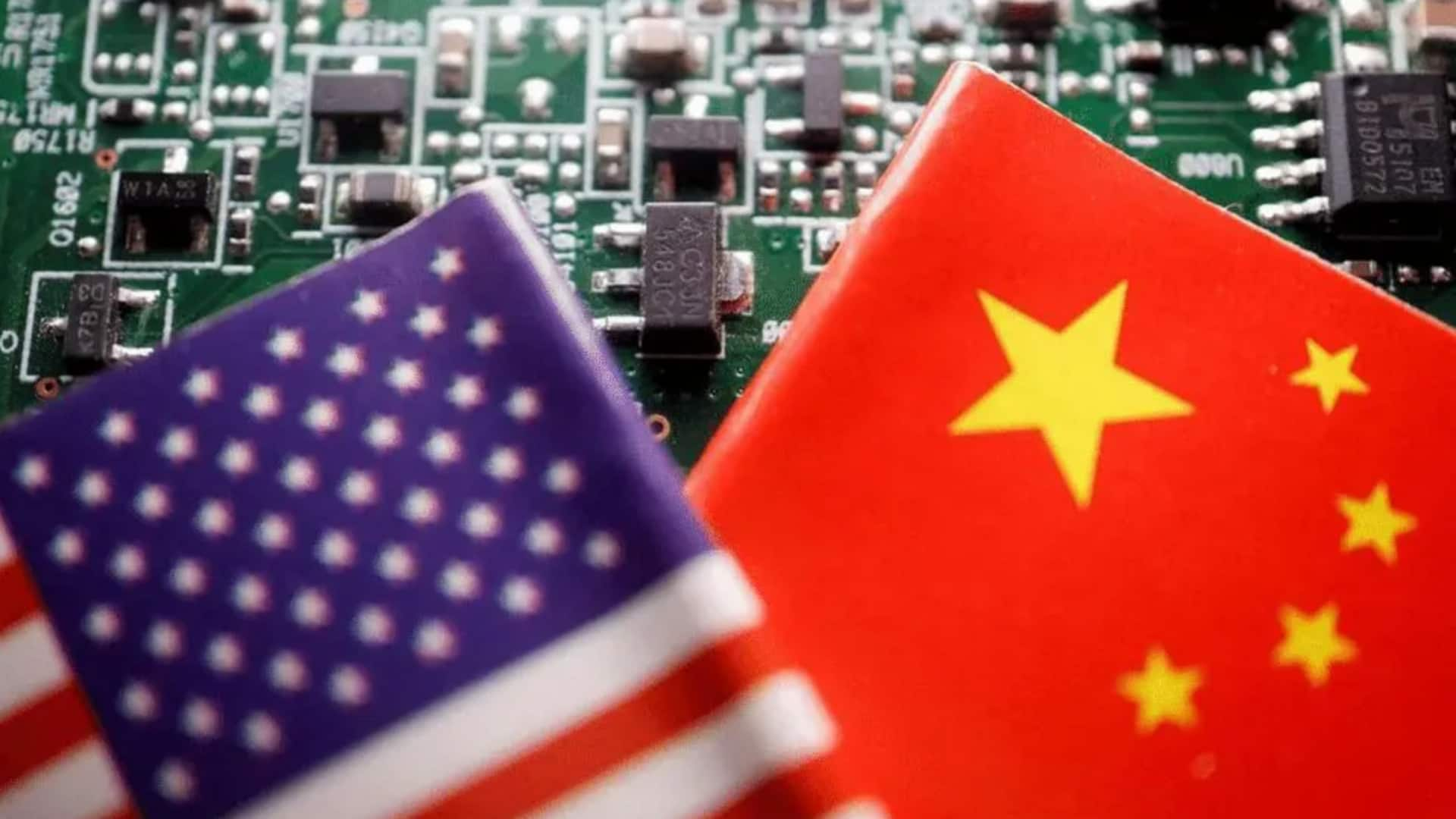
China launches probes into US semiconductors ahead of Madrid talks
What's the story
China has launched two probes into the US semiconductor industry, just ahead of the upcoming trade talks in Spain. The Ministry of Commerce announced an anti-dumping investigation into certain analog integrated circuit (IC) chips imported from the US. These include commodity interface IC chips and gate driver IC chips, commonly manufactured by Texas Instruments and ON Semiconductor.
Investigation details
Anti-discrimination probe launched
Along with the anti-dumping investigation, China has also launched an anti-discrimination probe. This investigation will look into the US measures against China's chip industry. The move comes amid the US adding 23 Chinese companies to an "entity list" of businesses facing restrictions for allegedly threatening national security and foreign policy interests.
Upcoming talks
US Treasury Secretary to meet Chinese Vice Premier in Madrid
US Treasury Secretary Scott Bessent is scheduled to meet Chinese Vice Premier He Lifeng in Madrid between Sunday and Wednesday. The meetings are part of a series of negotiations aimed at easing trade tensions and delaying the implementation of higher tariffs on each other's goods. Previous discussions were held in Geneva (May), London (June), and Stockholm (July).
Trade impact
China accuses US of suppressing its high-tech industries
A spokesperson for China's commerce ministry said US measures such as export curbs and tariffs "constitute the containment and suppression of China's development of high-tech industries" like advanced computer chips and artificial intelligence (AI). The statement reflects China's stance on the ongoing trade tensions with the US over semiconductor technology access.
Access limitations
Restrictions on China's access to advanced semiconductors
US Presidents Donald Trump and Joe Biden have imposed restrictions on China's access to advanced semiconductors over time. These include limits on the sale of chipmaking equipment to China. While Washington cites national security concerns as the reason for these measures, China argues that they are part of a broader US strategy aimed at curbing its growth.